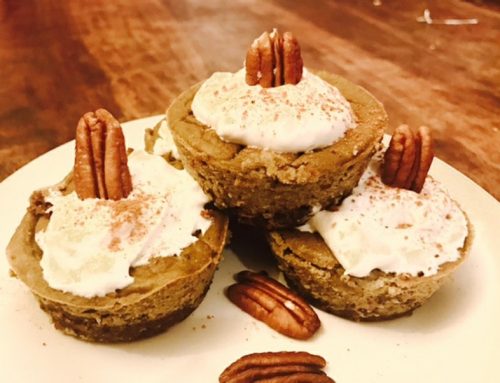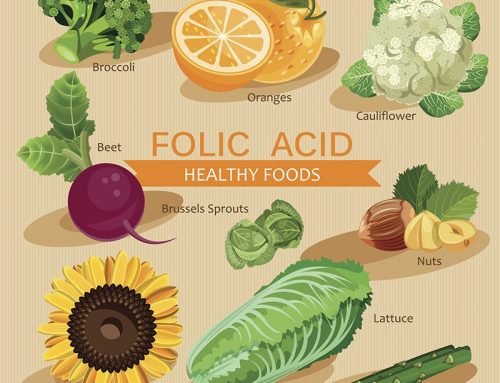A study in the journal Sleep found that getting adequate sleep could help you overcome a genetic predisposition towards being overweight.
The study looked at 1,088 pairs of twins. Researchers learned those who slept less than seven hours a night had a higher body mass index (BMI), one measure of being overweight or obese.
What’s more, genes influenced about 70% of that high BMI. (The other 30%, in case you were wondering, involved environment.)
On the other hand, for twins who got more than nine hours’ sleep, genes contributed only about 32% to higher BMI.
In other words, sleep determined how much genes influenced these twins being overweight.
“The results suggest that shorter sleep provides a more permissive environment for the expression of obesity related genes,” said lead researcher Dr. Nathaniel Watson. “Or it may be that extended sleep is protective by suppressing expression of obesity genes.”
If you keep up with science, you’ll know genetics are the next big thing for fat loss and ultimate health. You can now take tests, for instance, that look at your genetic DNA profile to determine your ideal diet, nutrient needs, and exercise regimen.
But I think this study proves a valuable point beyond genetics: sleep matters for fat loss.
Indeed, too many people coast by on five hours’ sleep and caffeinate themselves the next morning with a big vat of Starbucks. But as you’ll see, that’s a recipe for terrible health and gaining fat.
That’s because too little sleep knocks your hormones out of whack. Let’s take a look at five hormones that sleep impacts:
- Ghrelin – this is your hunger hormone: it tells your brain to eat. When you get a crappy night’s sleep, you crank out more ghrelin. Couple that with lack of judgment from being so tired, and you can see why you’re mindlessly devouring a Starbucks Danish that you didn’t even want.
- Leptin – leptin tells you to stop eating. In other words, it has the opposite effect of ghrelin. When you don’t sleep well, you become more leptin resistant so your brain doesn’t get the message as effectively.
- Insulin – insulin is your ultimate fat-storing hormone. Chronically elevated insulin makes fat burning almost impossible. Guess what? A few nights of terrible sleep can make your cells insulin resistant, leading to higher insulin levels.
- Human growth hormone (GH) – this “youth” hormone prevents aging, builds muscle, and helps fat burning. Lack of sleep means you make less GH.
- Cortisol – cortisol is your stress hormone. Couple a crappy night’s sleep with rush-hour traffic and an irate boss, and you’ve got a recipe for chronically elevated cortisol levels.
Get what I’m saying now about poor sleep adversely affecting your hormones? It all adds up to a dismal picture for fat burning and feeling your best.
I know getting a good night’s sleep is easier said than done. I want to leave you with three tips to prepare for a good night’s sleep so it happens more often:
- Cut off the stimulation and power down. About an hour before your bedtime, turn off your laptop, TV, and other distractions. Take a hot bath, drink some chamomile tea, meditate, or do whatever works for you to unwind.
- Stop eating about three hours before bed. Those late-night Haagen-Dazs freezer raids aren’t doing anything for sleep or your waistline. Close the kitchen after dinner for better sleep and fat burning.
- Try a natural sleep aid. Everyone needs a little help falling asleep sometimes. If you suffer jet lag or are trying to adjust to a new time zone, melatonin could be your answer to fall and stay asleep.














I study alternative and complimentary medicine, what you say on these pages makes perfect sense Jonny. Dianna
Don’t forget the sleep mask! You did a video a long time ago where you recommended wearing a sleep mask to shut out all the little lights in the room. I took that advice and it made a world of difference. 🙂
A couple other things – my doctor told me that sleeplessness is common in pre-menopausal women and it indicates a hormonal imbalance. Hormones can be balanced without taking hormonal replacements. Sometimes other supplements can “kick-start” your own natural hormone production. But it’s important to find out where the imbalance is so the right strategy can be applied.
Also – my Dr. has me taking 1500mg of GABA every night at bedtime. He says that it tells the brain to tune everything out so you can sleep. I used to lay away listening to every creak of the house, the train in the distance, sound of the wind, etc. Now that I’m on GABA, I don’t notice any of it.